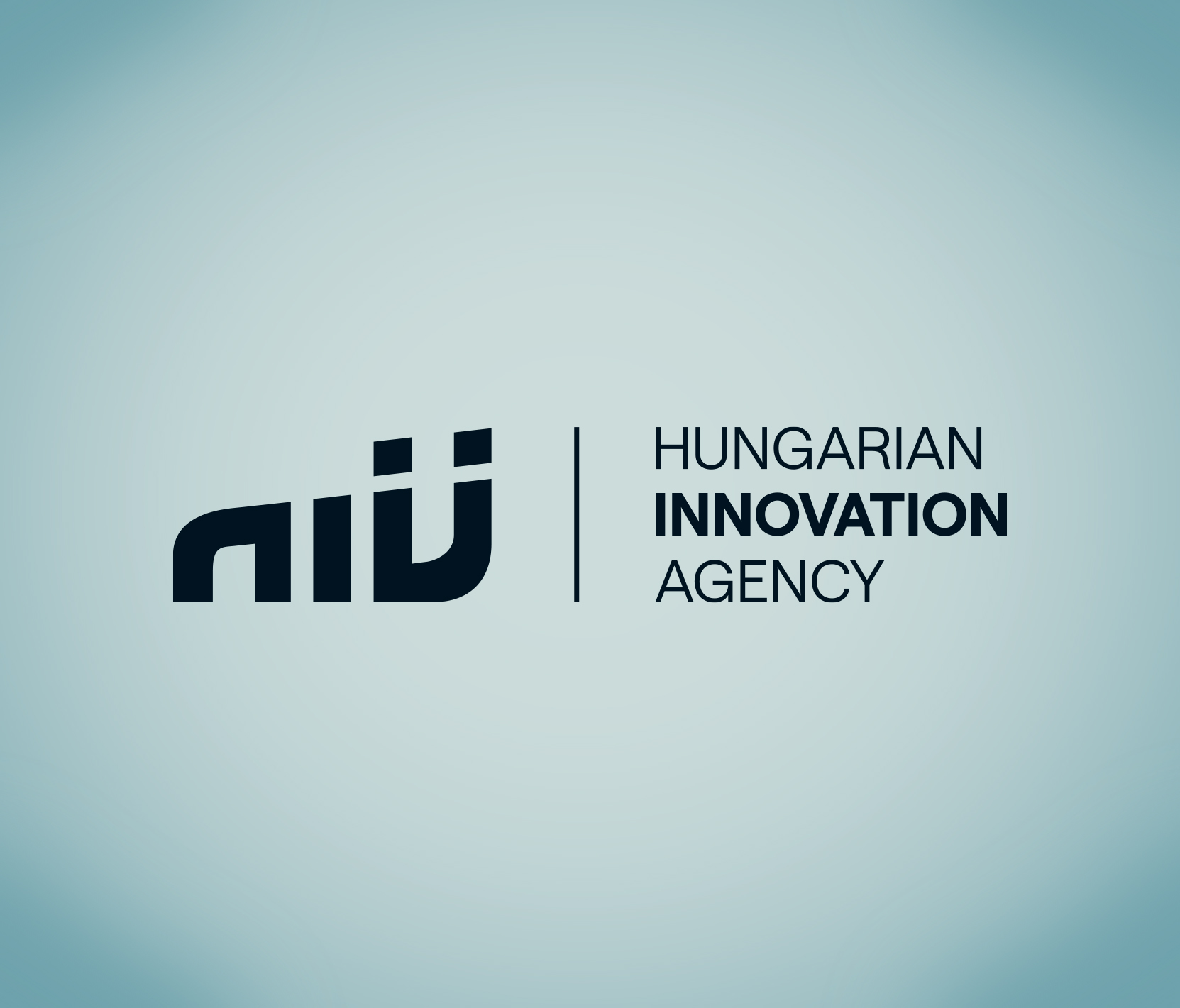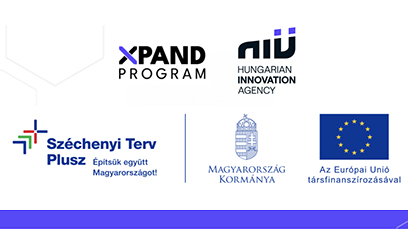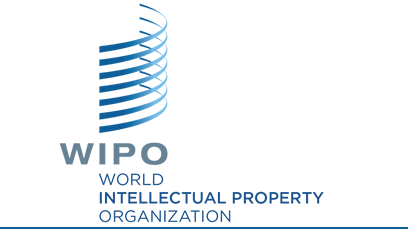








A decision has been made on the applications submitted between 10 May 2025 and 30 June 2025 for the call for proposals entitled “Support of activities fostering the domestic and international protection of intellectual property with the aim of facilitating the utilisation of such intellectual property” with the code number 2025-1.1.1-IPARJOG aimed at supporting activities serving domestic and/or international industrial property protection of intellectual creations.
A decision has been made regarding the call for proposals reopened on 15 April 2025, entitled ”Support for participation in the Horizon Europe Key Digital Technologies (KDT) partnership” with code number 2024-1.2.4-KDT.
Important information regarding the participation of Hungarian entities in the Driving Urban Transition Partnership 2025 call:
The collaboration between IMSYS Kft. and HOLOFON Zrt. offers an environmentally conscious solution to the problem of water and wastewater treatment. The two Hungarian enterprises aim to explore the use of various ferrates in water purification and to develop new packaging material that enables the efficient transport of ferrate products. As a result of the project, implemented with the support of the National Research, Development and Innovation Fund, biologically contaminated water can be treated efficiently – from swimming pools to hospital wastewater.
The joint research and development project of GE HealthCare Kft. and the University of Debrecen will make medical diagnostics and pharmaceutical research more efficient with the help of Artificial Intelligence. Their solution, based on Natural Language Processing algorithms, supports the analysis and organisation of visual and textual findings, which can be used to target patients for inclusion in clinical research, among other things.
The free-to-use telemedicine system developed by 77 Elektronika Kft. in Hungary is revolutionizing online remote medical services. The project, funded by the National Research, Development and Innovation Fund, aimed to personalise the treatment of patients with or at the early stages of diabetes. That’s why the Dcont® eNAPLÓ platform was created, where people with a Dcont® blood glucose meter can upload their measured data quickly and easily. These are supported by a number of graphs and statistics to help the patient’s orientation and the work of the medical specialist examining the data.

The XPAND Program, initiated by the National Innovation Agency (NIÜ), is designed to help Hungarian startups and SMEs enter international markets, connect with global investors, and expand their business networks.


Established in 2010 by the United Nations Statistical Commission, World Statistics Day is celebrated every five years by the global statistical community to highlight the societal and scientific importance of official statistics, and the value of evidence-based decision-making.
This is an information session for the MSCA Choose Europe for Science 2025 call for proposals which opens on 1 October 2025.
The European Innovation Council (EIC) is organising an online information session dedicated to EIC Pre-Accelerator on July 23, 2025.